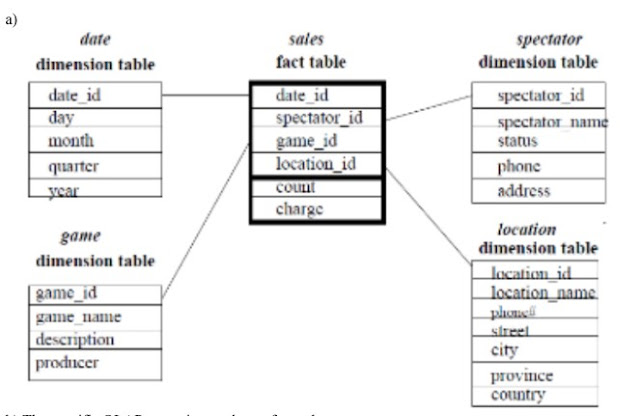Explain virtual machine technology.
Virtual Machine Technology
- In virtual machine technology, the hypervisor is an important component. A hypervisor is a specialized software that perfectly emulates the CPU, memory, hard drive, network, and other hardware resources of a PC client or server, allowing virtual computers to share the resources. The hypervisor may replicate various separated virtual hardware platforms, allowing virtual machines to run Linux and Windows Server operating systems on the same underlying physical host. Virtualization saves money by eliminating the requirement for actual hardware devices.
- Virtual machines use hardware more effectively, which decreases hardware quantities and related maintenance costs, as well as power and cooling consumption. They also make administration easier since virtual hardware never fails. Virtual environments can help administrators ease backups, disaster recovery, new installations, and fundamental system management duties.
- Virtual machines do not require the use of specialized, hypervisor-specific hardware. Virtualization does require more bandwidth, storage, and processing capacity than a traditional server or desktop if the physical hardware is going to host multiple running virtual machines. To improve hardware resource use, VMs may be readily moved, cloned, and transferred across host servers. Because VMs on a physical host might consume uneven amounts of resources - one may occupy all of the available physical storage while another stores very little - IT professionals must balance VMs with available resources.
- The usage of virtual machines brings many critical management issues, many of which may be addressed through basic systems administration best practices and VM management tools. Consolidation has various dangers, such as overtaxing resources or even suffering outages on several VMs owing to a single physical hardware failure. While the cost savings grow as more virtual machines use the same hardware platform the danger increases. It is conceivable to run hundreds of virtual machines on the same hardware, but if the hardware platform breaks, dozens or hundreds of virtual machines may be lost.
- Although some other companies also provide virtual machine software, two major vendors dominate the market: VMware and Microsoft. VMware offers a mature product range that has been used in the IT industry for many years. Despite being a latecomer to virtualization, Microsoft is making significant progress. Many IT departments run non-critical apps on Microsoft virtual machines because the virtualization environment is less expensive than VMware's solutions. Several open-source alternatives are fast emerging, with new features and better stability, but lack the maturity and support choices of these vendor services. System virtual machines serve as a substitute for physical machines. They provide the capability required to run whole operating systems. A hypervisor employs native execution to share and control hardware, allowing several environments to operate on the same physical computer while being isolated from one



Comments
Post a Comment